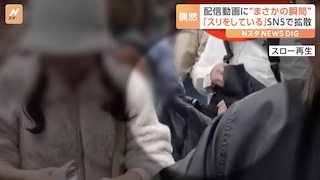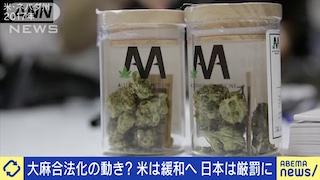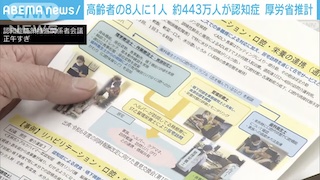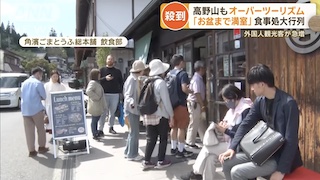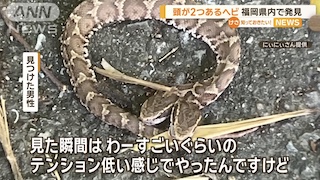Jan 31 (Japan Times) - Japan will allow more foreign nationals, including those holding short-term visas, to take a skills test from April under the new blue-collar visa program that is aimed at addressing national labor shortages, immigration officials said Thursday.
The program, which was launched in April last year, was intended to attract up to 345,000 blue-collar workers over five years for jobs in 14 sectors, including nursing care and the hotel industry.
However, so far less than 2,000 have obtained working permits under the new visa program, an abysmally low figure given that the government was expecting to draw 40,000 people in the first year.
Thus, the government is expanding test opportunities with an apparent aim to increase the number of applicants.
The Immigration Services Agency (ISA) on Thursday announced that it will expand the scope of people eligible to take the industrial tests starting April 1 by accepting applications from people with a wider range of visa statuses, including those on short-term stays.
Foreign nationals who wish to participate in the program are required to pass tests in industrial skill and Japanese-language ability.
Currently, people with mid- to long-term resident statuses, which have a maximum of five years, and those who have stayed in Japan for longer are eligible to take the tests.
The change from April means that immigration officials may grant short-term visas of up to 90 days to people who request to take an industrial skills test in Japan.


